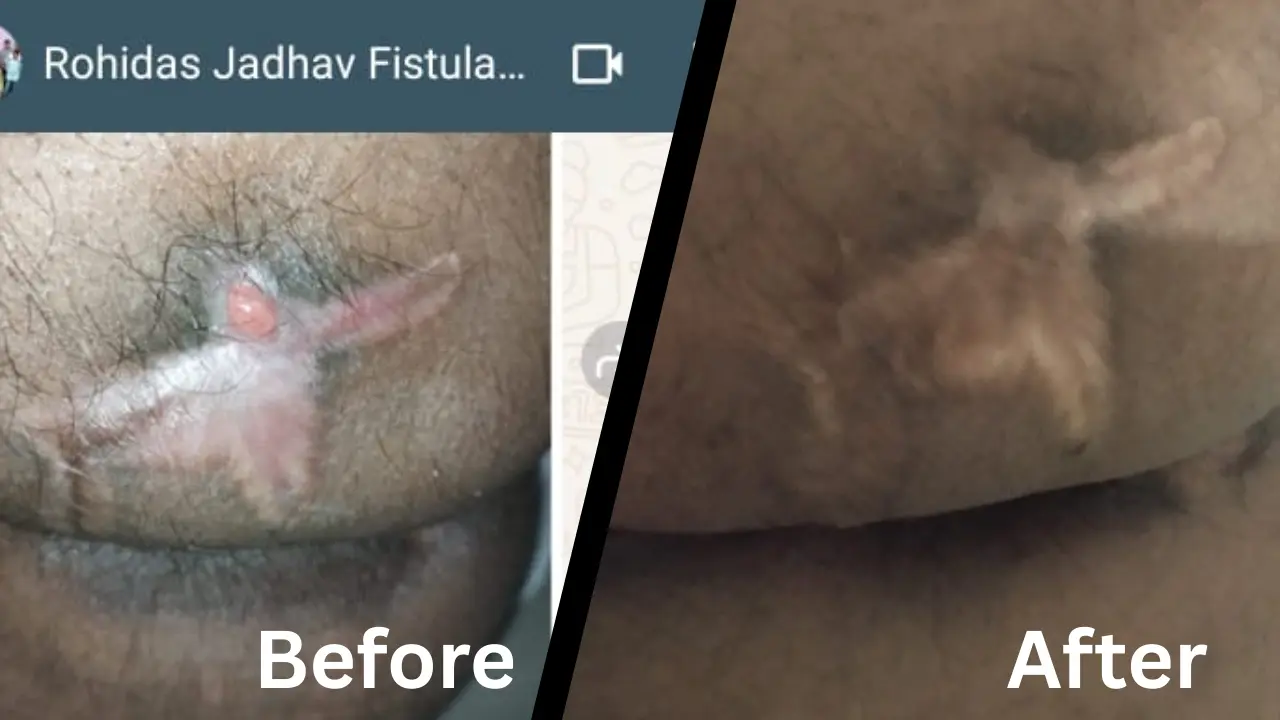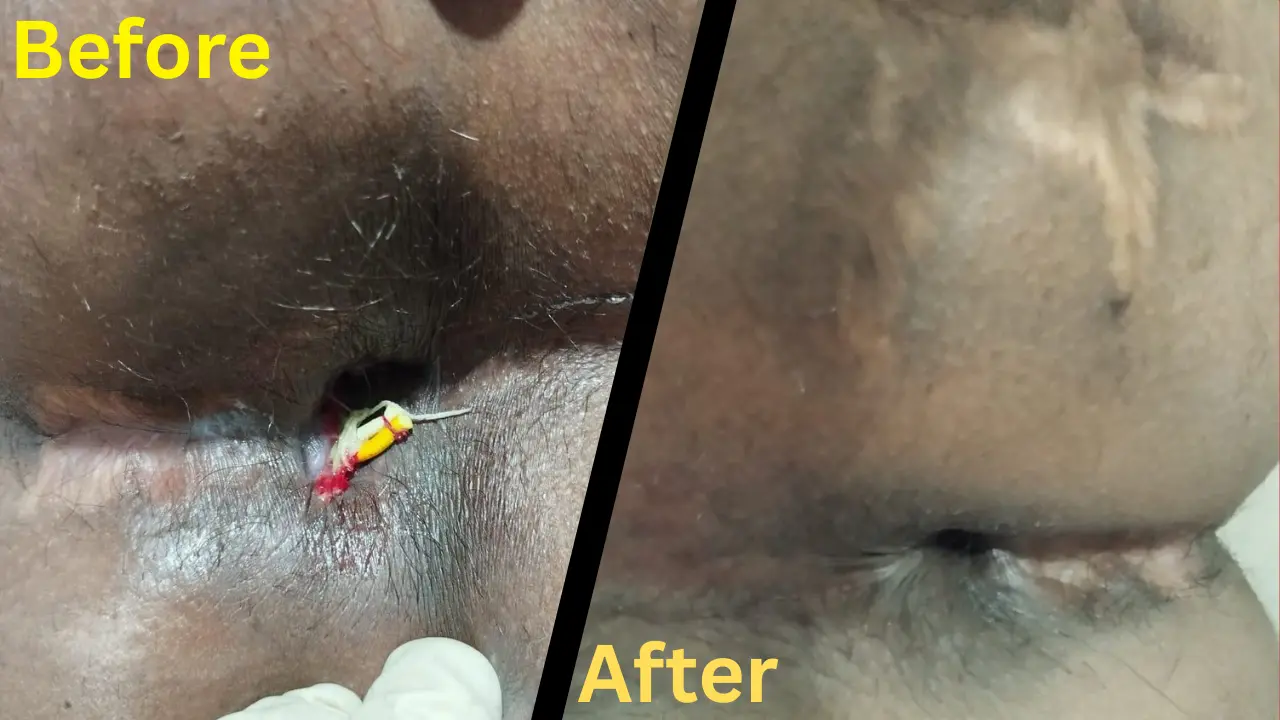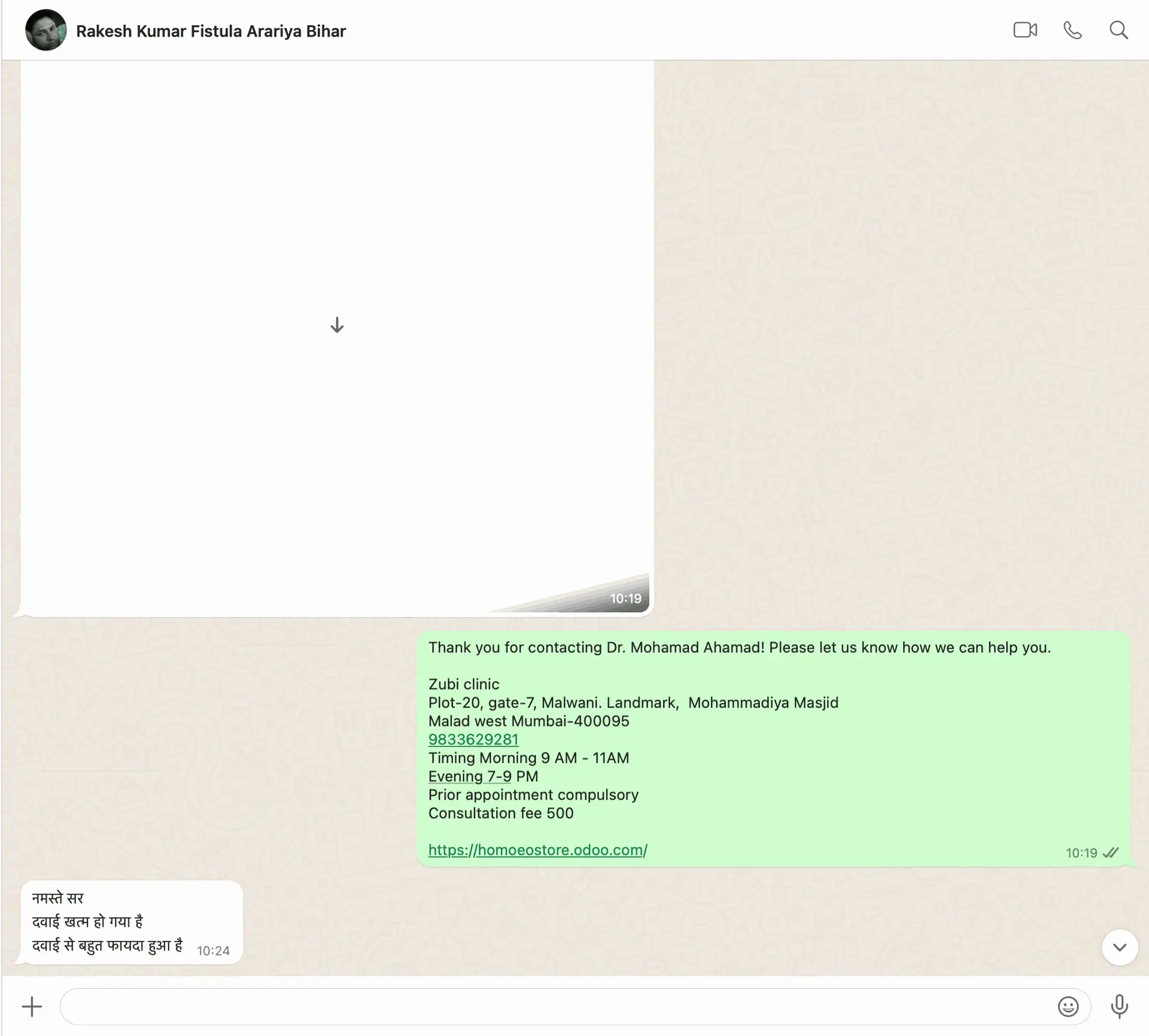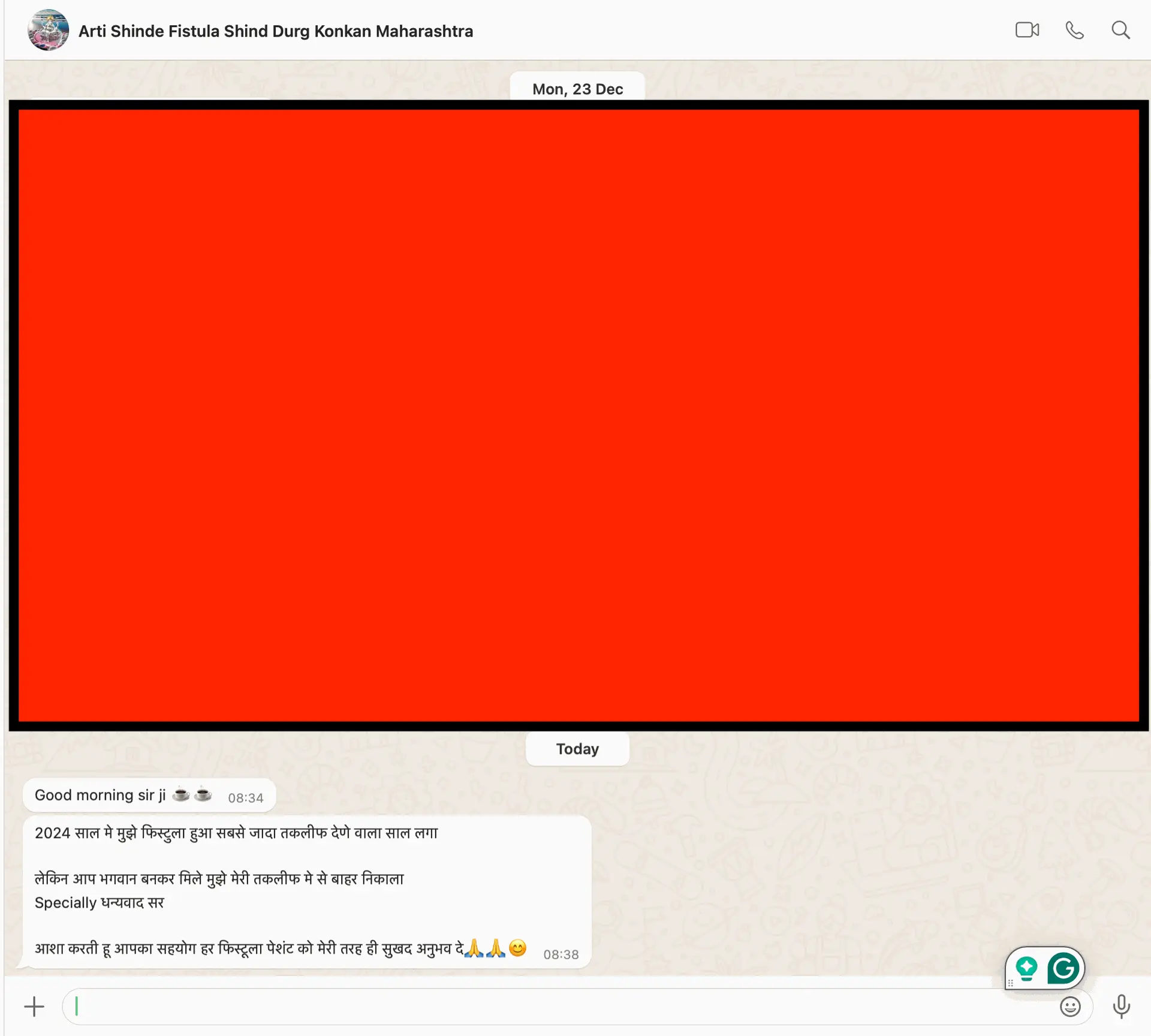Homeopathy: A Comprehensive Guide to Principles, Practices, and Controversies
Homeopathy is a holistic system of alternative medicine that has sparked fascination and debate since its inception in the late 18th century. Rooted in the principle of “like cures like,” it uses highly diluted natural substances to stimulate the body’s self-healing mechanisms. While proponents praise its gentle, individualized approach, critics question its scientific validity. This blog explores homeopathy’s history, core principles, practices, evidence, and controversies to help you make informed decisions about its role in wellness.
What is Homeopathy?
Developed by German physician Samuel Hahnemann in 1796, homeopathy (from Greek homoios “similar” and pathos “suffering”) is based on two foundational ideas:
- The Law of Similars: A substance that causes symptoms in a healthy person can cure similar symptoms in a sick person.
- Example: Red onion (Allium cepa) causes watery eyes and runny nose—traits mimicked in hay fever. Thus, a homeopathic remedy made from onion may treat allergies.
- The Law of Infinitesimals: Remedies are prepared through serial dilution and vigorous shaking (succussion), believed to enhance their healing properties while minimizing toxicity.
How Are Homeopathic Remedies Made?
The preparation process, called potentization, involves three key steps:
- Mother Tincture: The original substance (plant, mineral, or animal product) is dissolved in alcohol or water.
- Serial Dilution: The tincture is diluted repeatedly, often to the point where no molecules of the original substance remain. Common dilution scales include:
- Decimal (X): 1:10 ratio (e.g., 6X = diluted 10^6 times).
- Centesimal (C): 1:100 ratio (e.g., 30C = diluted 100^30 times).
- Succussion: The solution is shaken vigorously at each dilution step, believed to “imprint” the substance’s energy into the remedy.
Common Forms: Pellets (sugar pills), liquid drops, creams, or tablets.
Key Principles of Homeopathic Treatment
- Individualization:
- Homeopaths assess physical, emotional, and mental symptoms to prescribe a remedy tailored to the whole person. Two patients with migraines may receive different remedies based on their unique symptom patterns.
- Holistic Healing:
- Focuses on treating the root cause of illness, not just suppressing symptoms.
- Chronic vs. Acute Care:
- Used for both acute conditions (e.g., colds, injuries) and chronic issues (e.g., arthritis, anxiety).
- Safety:
- Extremely diluted remedies are considered safe for all ages, including infants and pregnant women (though consultation with a professional is advised).
Common Homeopathic Remedies and Uses
| Remedy | Source | Common Uses |
|---|---|---|
| Arnica montana | Mountain daisy | Bruises, muscle soreness, post-surgery recovery |
| Nux vomica | Poison nut tree | Digestive issues, stress, hangovers |
| Ignatia amara | St. Ignatius bean | Grief, emotional trauma, insomnia |
| Apis mellifica | Honeybee venom | Swelling, insect stings, urinary issues |
| Belladonna | Deadly nightshade | Fever, inflammation, sudden onset colds |
The Science and Evidence Debate
Homeopathy remains one of the most controversial forms of alternative medicine. Here’s why:
Supporters’ Claims
- Anecdotal Success: Many users report relief from chronic pain, allergies, and mental health issues.
- Holistic Appeal: Its individualized, non-invasive approach resonates with those seeking alternatives to pharmaceuticals.
- Historical Endorsement: Used for over 200 years and integrated into national healthcare systems in countries like India and Switzerland.
Critics’ Arguments
- Lack of Scientific Plausibility:
- Most remedies are diluted beyond Avogadro’s limit (no original molecules remain), challenging the notion of biochemical efficacy. Critics attribute benefits to the placebo effect.
- Mixed Clinical Evidence:
- Some studies show positive results (e.g., 2014 Swiss report on cost-effectiveness), but large-scale reviews (e.g., 2015 Australian NHMRC study) conclude no evidence of efficacy beyond placebo.
- Regulatory Concerns:
- Inconsistent global regulation. The U.S. FDA requires labeling but doesn’t evaluate remedies for safety/efficacy.
Controversies and Risks
- Delayed Conventional Care:
- Relying solely on homeopathy for serious conditions (e.g., cancer, infections) can be life-threatening.
- Misleading Marketing:
- Some products are marketed as “natural” alternatives without robust evidence (e.g., homeopathic “vaccines”).
- Sustainability Issues:
- Use of endangered species (e.g., Nux vomica from the strychnine tree).
Homeopathy in Modern Healthcare
- Integrative Medicine: Some practitioners combine homeopathy with conventional treatments for palliative care or stress management.
- Global Popularity: A $5.6 billion industry (2023), widely used in Europe, India, and South America.
- Education and Training: Licensed homeopaths undergo 3–4 years of training in remedy selection, case-taking, and ethics.
When to Consider Homeopathy
- Mild, self-limiting conditions (e.g., colds, minor injuries).
- Chronic issues where conventional medicine offers limited solutions (e.g., eczema, anxiety).
- Always consult a qualified practitioner and inform your primary doctor to avoid herb-drug interactions.
Key Takeaways
- Homeopathy emphasizes personalized, holistic care but lacks robust scientific validation.
- Safe for minor ailments but not a substitute for evidence-based medicine in critical cases.
- Transparency and regulation are essential to protect consumers.
FAQs
Q: Is homeopathy safe during pregnancy?
A: Many remedies are considered safe, but always consult a healthcare provider.
Q: How long does it take to see results?
A: Acute issues may improve within hours; chronic conditions might require weeks/months.
Q: Are homeopathic remedies the same as herbal medicine?
A: No. Herbal medicine uses measurable doses of plant extracts; homeopathy uses ultra-diluted substances.
Whether you view homeopathy as a profound healing art or a placebo-driven practice, its enduring popularity reflects a universal desire for gentle, individualized care. While it may complement wellness routines, critical thinking and collaboration with medical professionals remain vital. 🌿
Have you tried homeopathy? Share your experiences in the comments!













